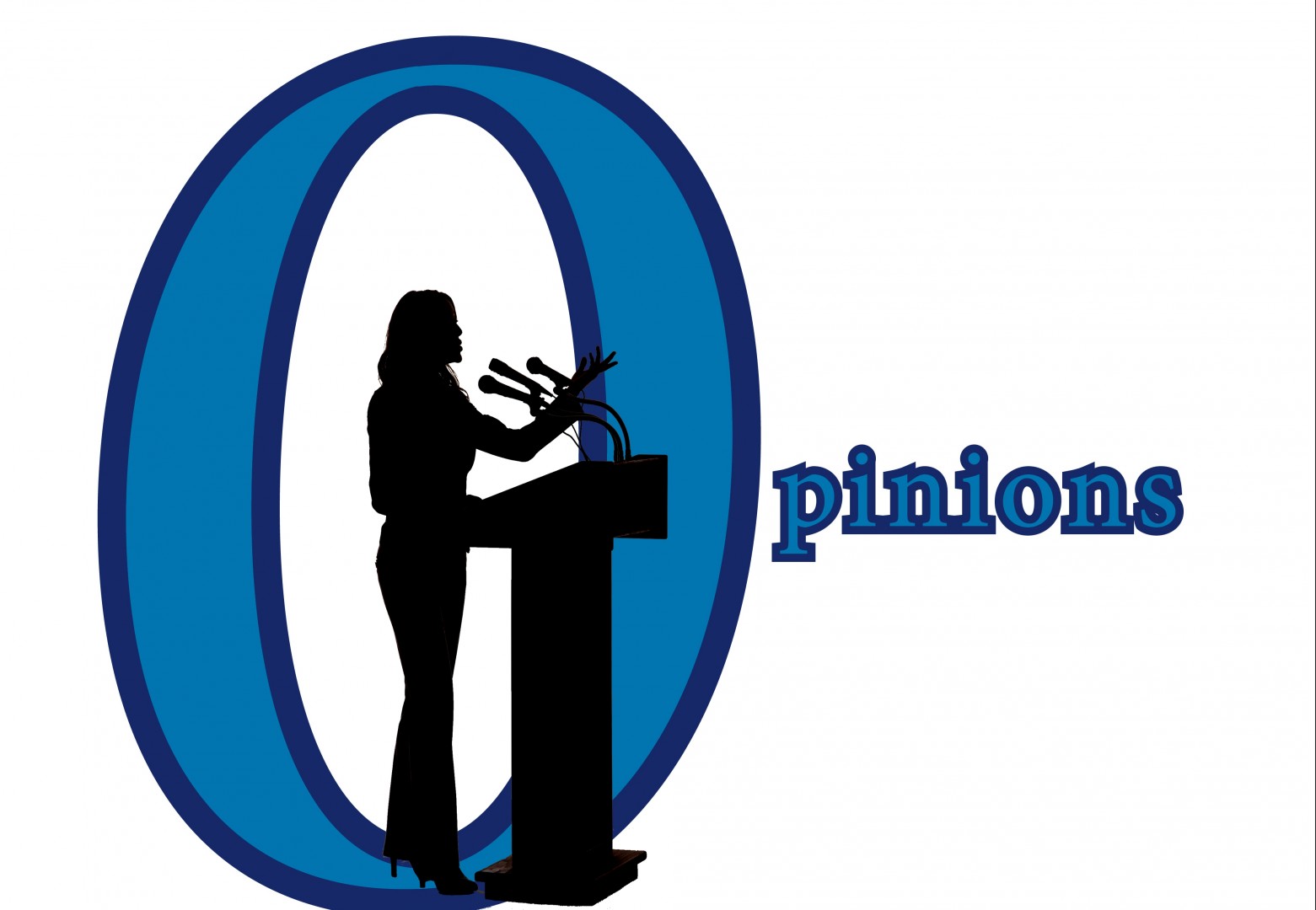The Colorado legislature has been passing laws dealing with the regulation of newly legalized marijuana since Amendment 64 passed in November. But House Bill 1317 includes a provision that requires magazines dealing with pot to be hidden behind the counter, out of public view. This provision is a clear violation of the First Amendment and must be slashed from the legislation.
The majority of pot legislation moving through the State House is necessary and important in Colorado’s new era of legalized marijuana. Most of the bills moved without incident through both chambers and got Governor Hickenlooper’s signature to become new laws.
HB 1317, generally considered, is a necessary piece of legislation, as it deals with a plethora of new pot regulations. But the catch is a provision that defies our right to free speech, requiring “magazines whose primary focus is marijuana or marijuana business are only sold in retail marijuana stores or behind the counter in establishments where persons under 21 years of age are present.” In other words, in all business establishments other than pot shops, magazines dealing with marijuana must be hidden from public view.
What does this mean? A magazine like High Times, which could be sold before Amendment 64’s passage on store shelves in the public’s eye, will now have to be concealed behind the counter.
This is a violation of the First Amendment if there ever was one: The government cannot suppress any journalistic content or decide how some magazines can and cannot be displayed in stores (except for pornographic magazines). Furthermore, High Times covers marijuana-related news, and such reporting is a basic provision of free speech that cannot be suppressed.
HB 1317 has already passed both chambers of the State House and is currently awaiting Hickenlooper’s signature. But the governor is very unlikely to veto it because it covers dozens of regulatory issues, with the rotten magazine provision mixed in with the rest, hoping to hide from the public’s view. A veto at this point would throw the entire regulatory process off schedule and into turmoil.
Some people are not willing to simply shrug it off, however. Civil liberties attorney David Lane has already moved to file a lawsuit if Hickenlooper signs the bill. He told Westword: “I don’t think there is any precedent that would support this. The government is permitted to regulate time, place, and manner of speech, but they are not allowed to regulate content of speech that is not obscene speech.”
Although not as clear cut, some of the bill’s provisions to ban certain types of advertising and marketing for marijuana stores are also constitutionally questionable. The point being that an already unconstitutional bill may also have other violations baked in it.
A lawsuit is not what anyone wants, but unless the bill is vetoed or amended and sent back to both houses for another vote, it may be the next step in the path forward for HB 1317. Free speech is a First Amendment right guaranteed to all Americans, and no legislative body has the authority to suppress that right.










